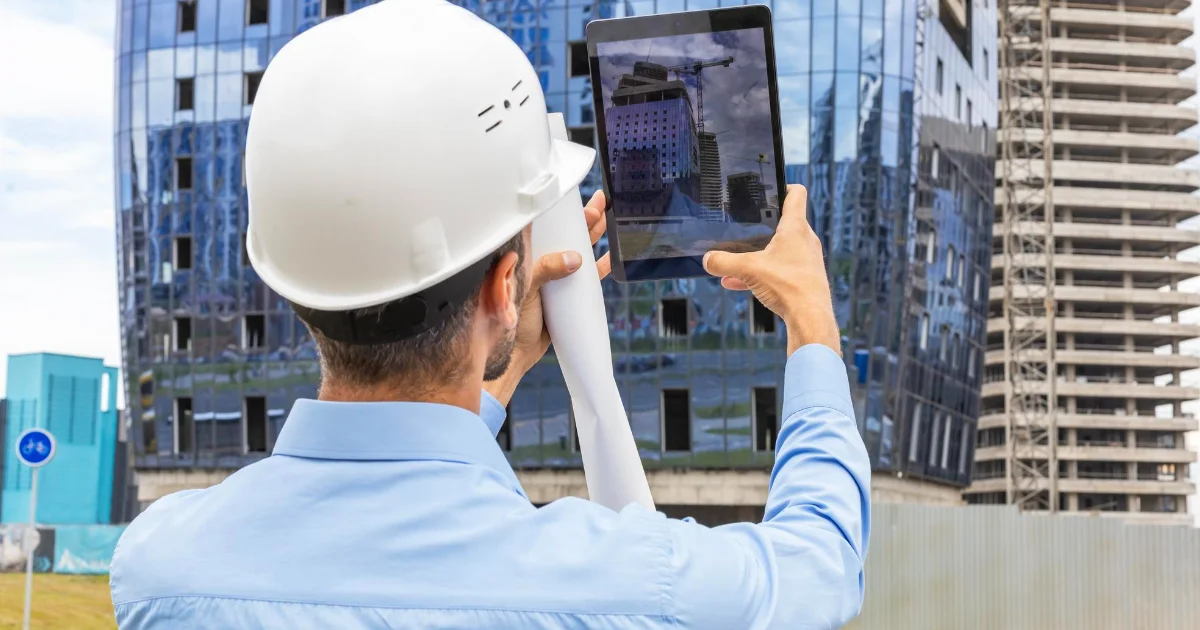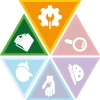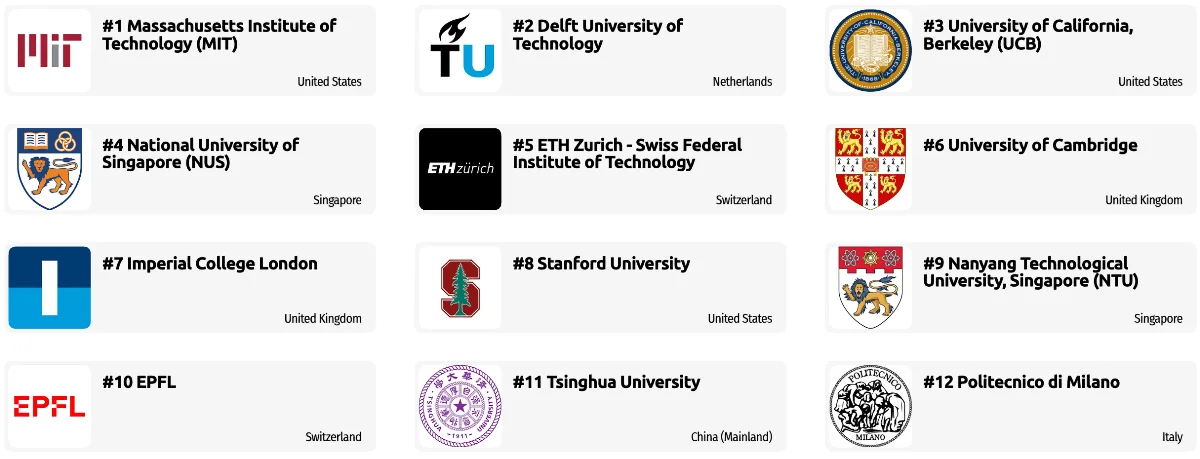Inspector
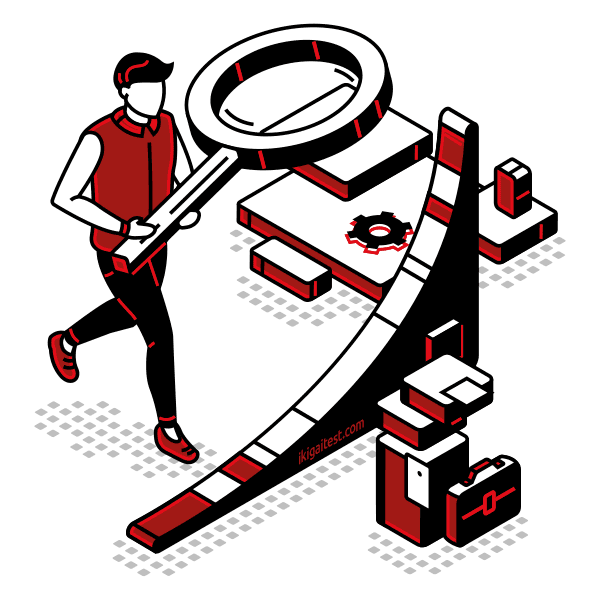
Inspectors should be great at:
- Estimating sizes, distances, and quantities; or determining time, costs, resources, or materials needed to perform a work activity.
- Observing, receiving, and otherwise obtaining information from all relevant sources.
- Identifying information by categorizing, estimating, recognizing differences or similarities, and detecting changes in circumstances or events.
- Inspecting equipment, structures, or materials to identify the cause of errors or other problems or defects.
Innovator
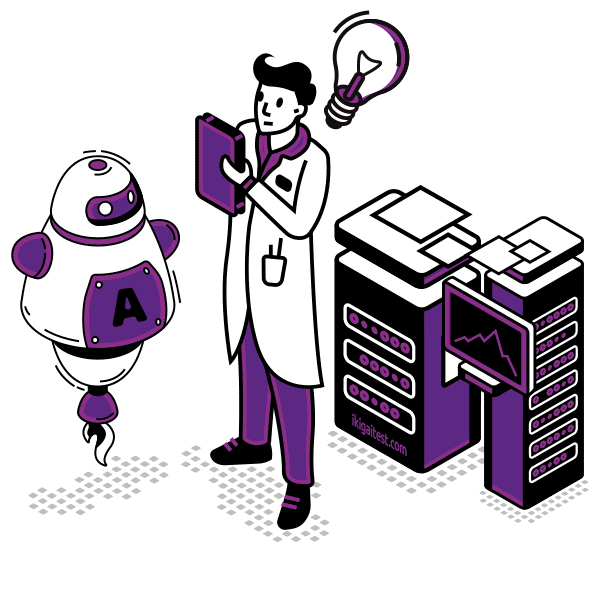
Innovators will usually have four main goals:
- Developing or creating new applications, relationships, systems, or products.
- Providing creative ideas or artistic contributions.
- Keeping up-to-date technically and applying new knowledge to your job.
- Benchmarking, experimenting and testing novel approaches to solving problems.
Other work activities related to Construction and building inspectors
- Conducting environmental hazard inspections for identifying or quantify problems such as asbestos, poor air quality, water contamination, or other environmental hazards.
- Evaluating project details for ensuring adherence to environmental regulations.
- Inspecting facilities or installations for determining their environmental impacts.
- Monitoring construction activities for ensuring that environmental regulations are not violated.
- Sample and testing air for identifying gasses, such as bromine, ozone, or sulfur dioxide, or particulates, such as mold, dust, or allergens.
- Conducting inspections, using survey instruments, metering devices, tape measures, or testing equipment.
- Conferring with owners, violators, or authorities for explaining regulations or recommending remedial actions.
- Approving building plans that meet required specifications.
- Examining lifting or conveying devices, such as elevators, escalators, moving sidewalks, hoists, inclined railways, ski lifts, or amusement rides for ensuring safety and proper functioning.
